IMRT
1. What is IMRT radiation therapy?
IMRT radiation therapy is an advanced technique of radiation therapy that is preferred for multiple cancer or tumors. As the name indicates, this procedure allows complete control of the intensity and beam shape according to the affected area. Thus, during IMRT administration, the radiations are kept close to the target, reducing exposure of the surrounding healthy tissues to the high-intensity radiations. Therefore, it helps limit the side effects.
2. Which cancers can be treated with IMRT?
IMRT radiation therapy can control the intensity of the radiation and the shape of the beam. Thus, it is perfect for administering radiation therapy to sensitive body parts and problems like head cancer, neck cancer, lung cancer, prostate cancer, breast cancer, gastrointestinal cancer, etc. The other cancers treated using IMRT are sarcoma, pediatric cancers, Lymphoma, gynecologic cancers, etc.
3. How is IMRT given?
IMRT is a painless procedure. It starts by scanning the affected parts of the body, usually by 3D CT scans. Technicians and doctors analyze the images from these scans to detect the amount of intensity and location of the beam. Once the area is specified, radiation therapy is started by marking body parts where the beam is concentrated. The administration of the IMRT is carried out by laying the patient on the treatment table.
4. How long do IMRT sessions generally last?
IMRT sessions require all previous records of the patient. These patients have to undergo imaging techniques like 3D CT scans to generate accurate images of the affected body parts. Cancer-affected body parts can be treated using the IMRT sessions. The length and frequency of these sessions depend on the nature of cancer, type, and its growth. The sessions last between ten to thirty minutes, depending on the type of cancer in the body.
5. How many treatments do I need?
Like other cancer therapy sessions, IMRT requires multiple treatments. This number of treatments offers the best solution to cancer-affected areas without causing any issues to the healthy tissues. Thus, these treatments are administered over five to seven days a week. The nature, type, and growth of cancer further determine the treatment of the cancer growth. Thus, the actual frequency of the IMRT sessions depends on the decision of the technicians and cancer doctors.
6. What are the benefits of IMRT?
A critical advantage of IMRT is that it administers precise radiation and shape of the beam over the cancer-affected area. The 3D form of the tumor helps to change the beam shape and the intensity of the radiation. Thus, a high radiation dose can be directed to the cancer-affected tissue and spares the healthy tissues. The machines can change the shape of the radiation throughout treatment.
7. Which is better: IGRT vs IMRT?
Image-guided radiation therapy (IGRT) and Intensity-modulated radiation therapy (IMRT) are used to treat cancers located in the sensitive parts of the body. IGRT helps decide the course of treatment using different imaging techniques during the treatment, while the IMRT can change the intensity of the radiation. Thus, both treatments aim to protect the healthy tissues and aim only at cancerous growth.
8. Why choose Yashoda Hospitals for IMRT?
Yashoda Hospital is a leading radiation therapy provider and excels in administering IMRT to different patients. The latest machinery and professional experts handle the best cancer treatment to different patients depending on the type of cancer and body part affected by the cancerous growth. Yashoda Hospitals is one of the best places to get affordable IMRT treatment in India.
Patient Testimonials For Cancer







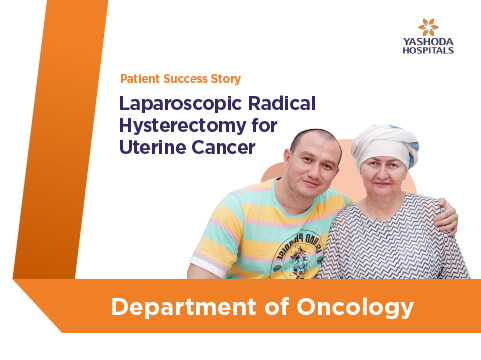


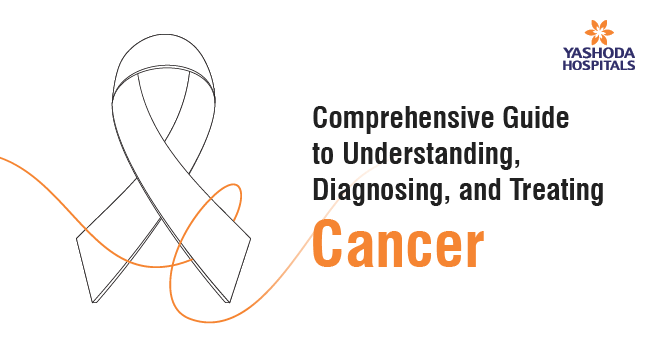




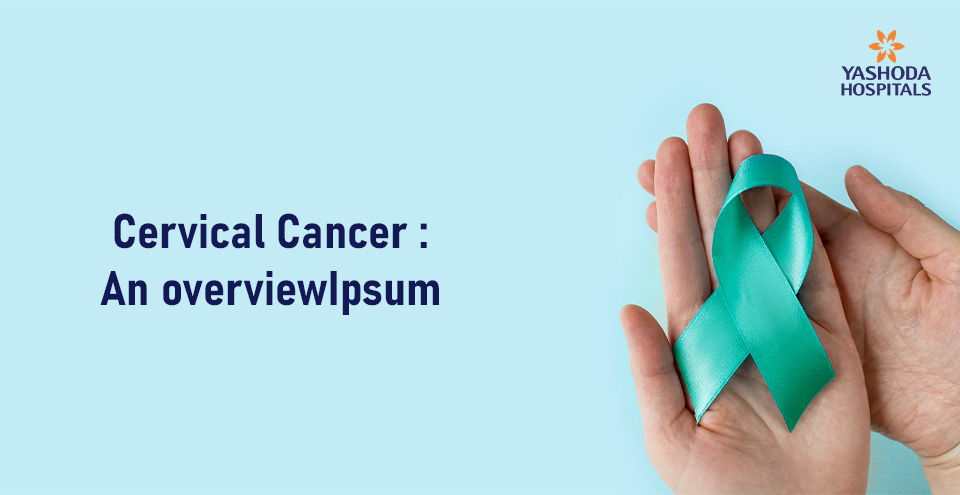
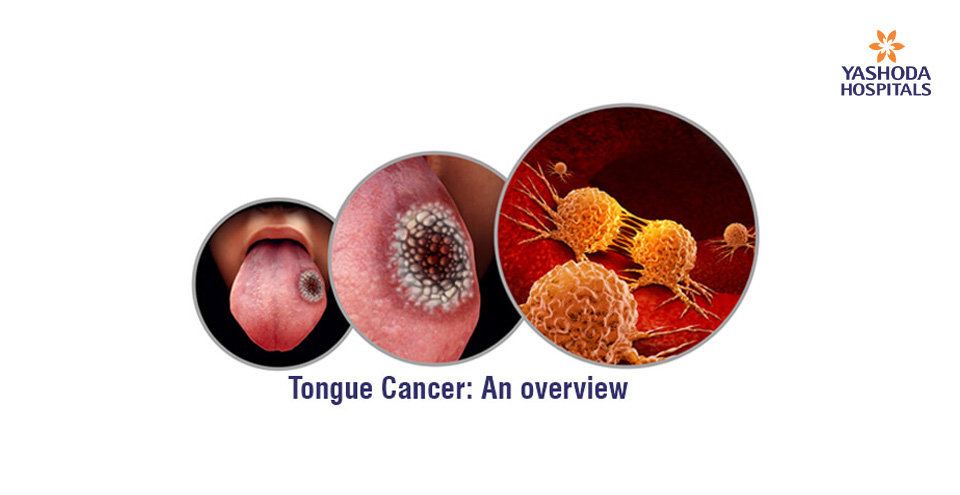
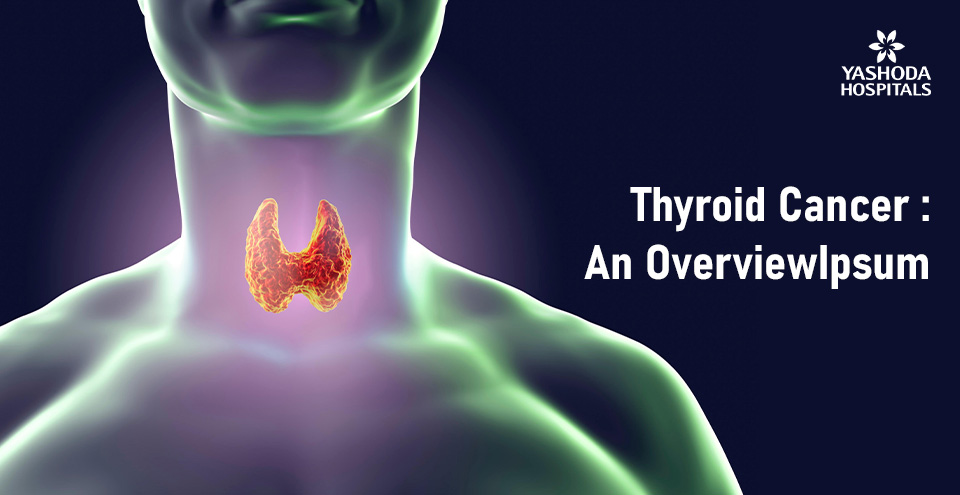
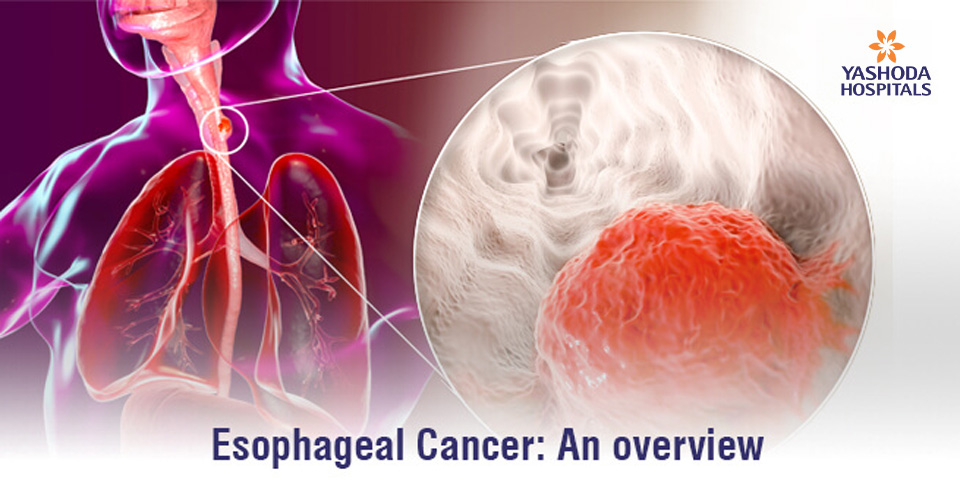
 Appointment
Appointment WhatsApp
WhatsApp Call
Call More
More

